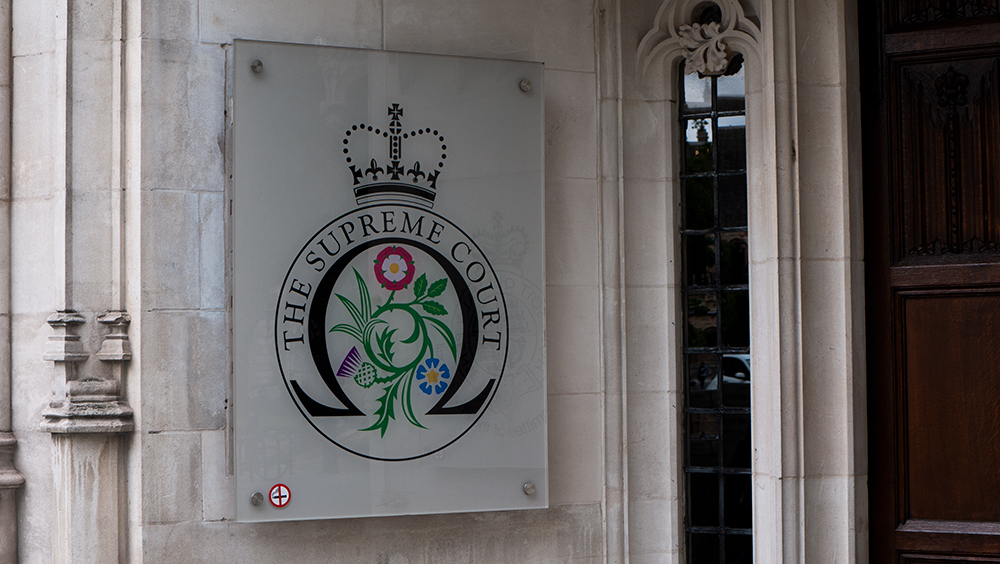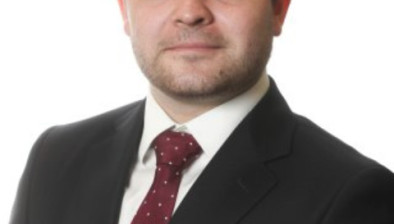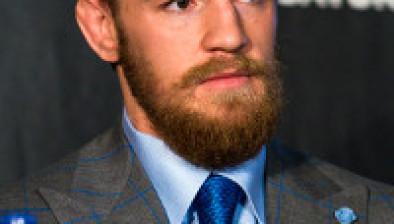UK Supreme Court: Sky acted in ‘bad faith’ in applying for trade marks with no intention of using them

Broadcaster Sky acted in bad faith by applying for trade marks covering goods and services which it never intended to provide, the UK Supreme Court has ruled in a landmark judgment.
Lord Kitchin yesterday gave judgment in SkyKick UK Ltd and another (Appellants) v Sky Ltd and others (Respondents) [2024] UKSC 36, ending an eight-year-long dispute between the broadcaster and a technology company called SkyKick.
Sky claimed that SkyKick had infringed five of its registered trade marks by using the mark SkyKick, or minor variants of it, in relation to its email and cloud storage products and services.
The High Court, in the course of four judgments and following a reference to the Court of Justice of the European Union, found that Sky had applied for the marks in part in bad faith, rendering them partially invalid.
However, the Court of Appeal held that Sky had not acted in bad faith in respect of the goods and services on which it had ultimately relied, and so restored the specifications of goods and services to their full width in this respect.
The key issues before the Supreme Court were the test for determining “bad faith” in s.3(6) of the Trade Marks Act 1994, and the correct approach, if such bad faith is found, to determining the specification that the proprietor of the trademark should be permitted to retain.
In the lengthy 145-page judgment, the Supreme Court held that the High Court was entitled to find that the marks were applied for in bad faith to the extent that it did, and the Court of Appeal was wrong to reverse that finding.
The Court of Appeal was, however, right to find that there had been trade mark infringement in respect of one of two SkyKick services at the centre of the case.
In addition, the Supreme Court held that the EU Trade Mark Regulation continues to have direct effect in the context of proceedings pending before a UK court designated as an EU trade mark court prior to the end of the Brexit transition period on 31 December 2020.
Trade mark experts have suggested that the judgment will have a significant impact.
Peter Vaughan, trade mark attorney and associate professor at Nottingham Law School, told the English Law Society Gazette that it “likely brings to a dramatic halt the common practice of a broad brush approach to trade mark coverage. This allowed use of a trade mark as a ‘legal weapon against third parties’. This seemingly is now over.”










